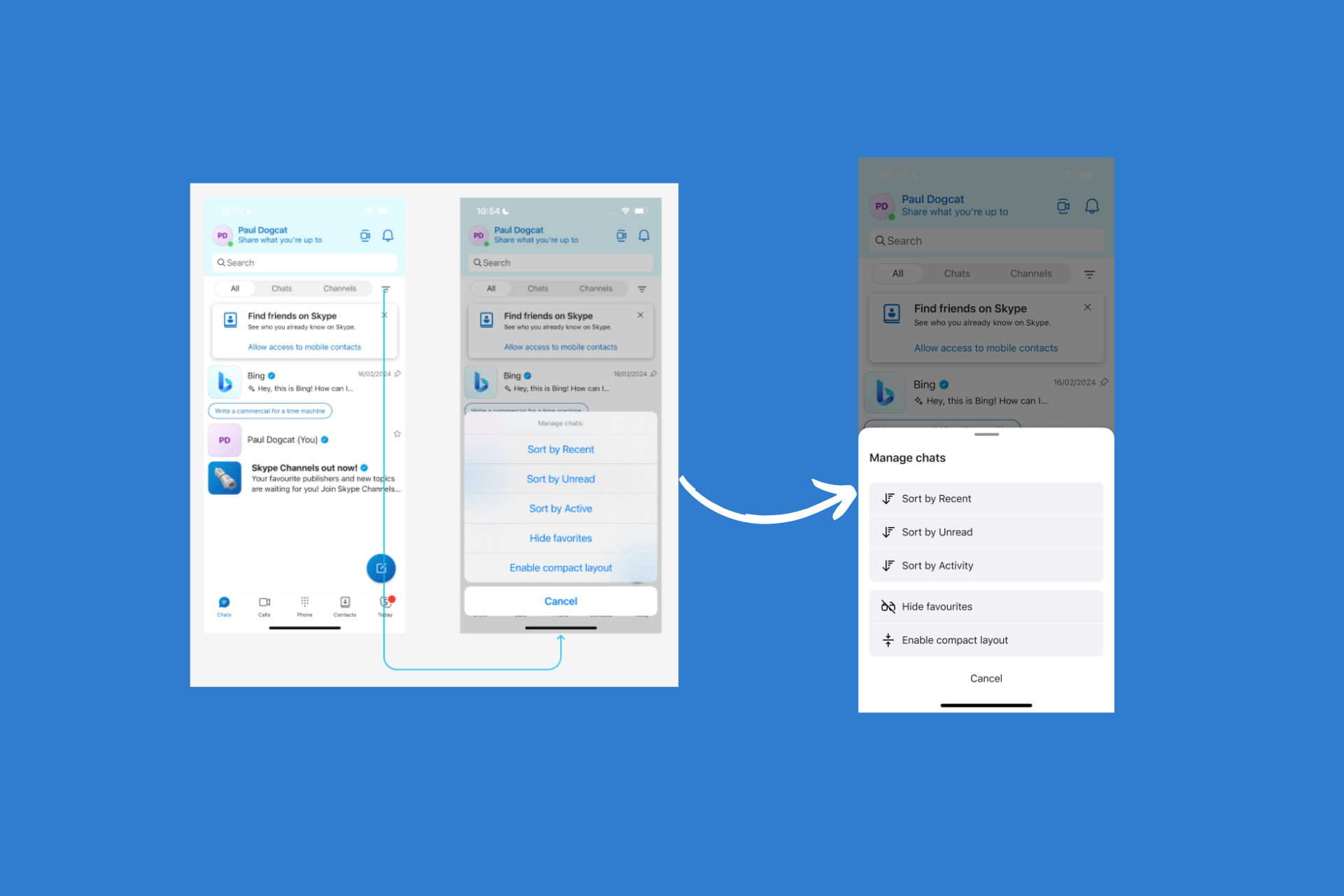Microsoft’s Activision deal rejection led by CMA director with previous connections to Sony
3 min. read
Published on
Read our disclosure page to find out how can you help Windows Report sustain the editorial team Read more

Microsoft faces an uphill battle as it looks to appeal the UK’s Competition and Markets Authorities blockage of its bid to acquire Activision Blizzard. However, recently surface background on a CMA director’s prior work experience may be just the reprieve the two companies need to save their deal.
According to a post from Windows Central’s Jez Corden who cites patent lawyer Florian Meuller @FOSSPatents as a source, Microsoft may be able to point to a possible conflict of interest as it pleads its case to the Competition Appeal Tribunal (CAT).
Meuller unearthed a connection between the CMA’s now-serving senior director of Merger Reviews and Sony through the law firm Cleary Gottlieb, which currently represents the company as it protests the Microsoft and Activision deal.
The @CMAgovUK's Senior Director of Merger Reviews–who used to work for #Sony's law firm–will speak now at a @CompetitionLaws (@Concurrences) event on "Merger Remedies in a Post-Brexit Context":https://t.co/IahZWThxXr
Another speaker has current Sony/Google ties.
????1/3
— Florian Mueller (@FOSSpatents) May 25, 2023
Mueller ironically points to a LinkedIn profile as evidence of Cleary Gottlieb and Sony connection as well as senior director at the CMA, Colin Raftery’s involvement with the two.
Furthermore, it’s being reported that Raferty may have also been the person who championed the rejection of Microsoft’s bid to acquire Activision Blizzard, despite his historical ties to an opposing party in the whole process.
Unabashedly, Raftery spoke earlier this week at the Merger Remedies in a post Brexit Context conference this week where he was joined by another speaker who shares a vested negative interest in the Microsoft and Activision acquisition as a representative of the legal firm RBB which represents both Sony and Google.
While it has been historically fruitless to get a CMA decision overturned through appeal as the process must prove the body acted irrationally, illegally or with procedural impropriety, it would seem that Microsoft may be able to lean specifically on Raferty’s historical conflict of interest-based decisions.
As Corden highlights in his write up about this new discovery, Raftery was not only central in the decision to block the Microsoft and Activision deal despite his history with Sony, he has also pulled a similar move in blocking the merging of supermarket chains ASDA and Sainsbury’s.
The block, in and of itself is less newsworthy than the fact Raftery served as legal advisory to Tesco, which happens to be the UK’s predominant supermarket chain, and who would have had a vested interest in keeping the chains separate.
As it stands, Microsoft has continued to rack up approvals from other major regulatory bodies in both the EU, China and Japan, since the UKs decision has come out.
Whether or not Microsoft knows of, or leverages Raftery’s potential conflict of interest in its appeal is unknown at the moment, but the company seemed confident going into the process that it could present something worthwhile to the CAT that would keep the acquisition train on the rails and headed towards an ultimate close.








